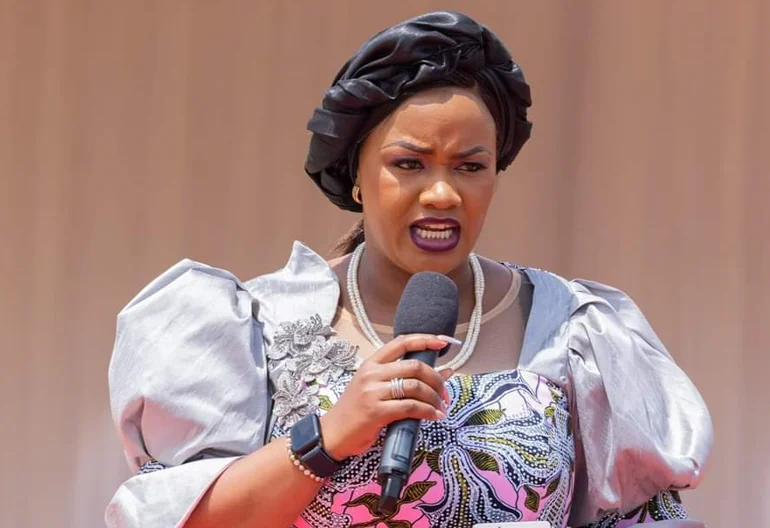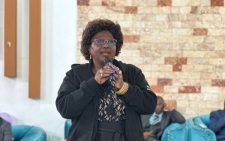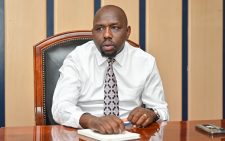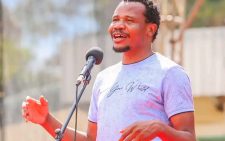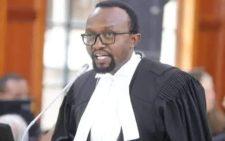Ruto allies allege State plot in ICC surrender of lawyer
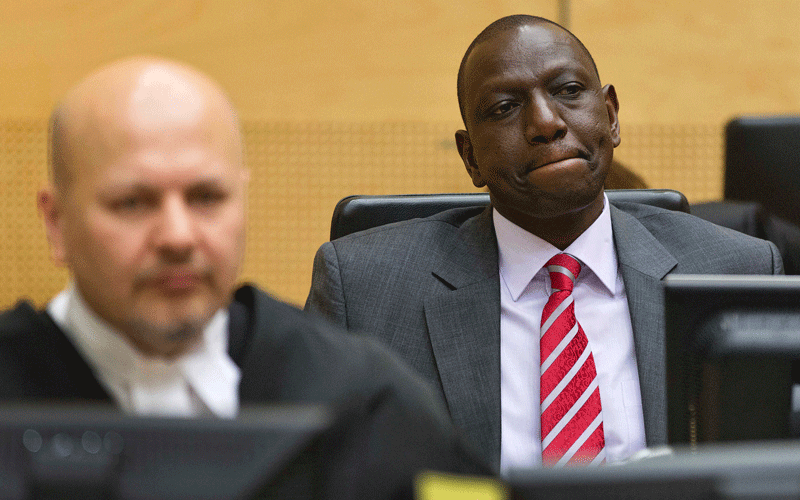
The ghosts of the International Criminal Court (ICC) have returned to haunt Deputy President William Ruto following the surrender and subsequent arrest of lawyer Paul Gicheru on Monday.
A move politicians allied to Ruto say has the State’s blessings.
ICC immediately appointed a judge to hear the case in which Gicheru is accused of interfering with witnesses in Ruto’s trial leading to its collapse in 2016.
In a statement, Judge Tomoko Akane, acting as the President of the Pre-Trial Division constituted a chamber comprising one judge to exercise the powers and functions of the Chamber in the case of Gicheru.
“For these reasons, the President of the Pre-Trial Division hereby constitutes Pre-Trial Chamber A (Article 70) composed of Judge Reine Adélaïde Sophie Alapini-Gansou, to exercise the powers and functions of the Pre-Trial Chamber in the case of The Prosecutor v. Paul Gicheru and Philip Bett,” Judge Akane ruled.
Lawyer Gicheru surrendered in compliance with an arrest warrant issued in 2015 over accusations of corruptly influencing witnesses.
According to top lawyers who spoke to People Daily on condition of anonymity because of the sensitivity of the matter, Gicheru could have surrendered because of a threat to his life, as a plea bargain or to pre-empt a possible arrest in which he would have been denied bail having been a fugitive for five years.
According to one Senior Counsel, a plea bargain could dramatically alter the course of the Ruto case at The Hague.
A plea bargain is an agreement between prosecutors and suspects where the latter confess their crimes in return for a lenient punishment or help in nailing persons bearing the greatest responsibility.
“He might decide to be a witness against Ruto, by spilling the beans and speaking the truth to help the ICC prosecutor nail him,” the lawyer said.
Gicheru’s surrender and arrest comes barely 10 months after Ruto warned that there was a plot to revive the ICC case against him.
In an interview with a local television station on January 23 this year, the DP claimed; “I heard a conversation with the NSIS director last year and as we speak, some characters have sent people to Kenya to revive ICC cases but I want to categorically tell them, they won’t succeed, in fact, it will be a big surprise to them.”
Last week, Ruto’s close ally, Soy MP Caleb Kositany repeated the claims. “They sent four officers here from Nairobi to collect all the 2007-08 post-election violence files.
People also died in Naivasha and there were also clashes in Mombasa, Nairobi and Kisumu; why only files from Eldoret?”
Another ally of the DP, Kapsaret MP Oscar Sudi was adamant yesterday that Gicheru’s move was part of a plot by some high-ranking State officials to block Ruto from vying for the presidency come 2022.
Unknown reasons
He specifically accused two senior government officials of leading the scheme, adding that trade union boss Francis Atwoli was privy to the plot.
“That is what Atwoli meant when he said Ruto will not be on the ballot come 2022,” the MP claimed.
“They began by sending three police officers to Eldoret Central Police Station to pick up files recorded during post-election violence 2007/8,” Sudi wrote on his Facebook page.
He further alleged that the alleged masterminds also sent a former Eldoret OCPD Titus Karuri to The Hague for unknown reasons.
“They have now sent lawyer Paul Gicheru to surrender himself to ICC. All these plans are done subsequently with the aim to revive ICC case against Deputy President William Ruto,” Sudi posted.
According to the MP, Ruto’s case and that of President Uhuru Kenyatta cannot be separated.
“The two ICC cases both for DP Ruto and the one for President Uhuru Kenyatta remain inseparable,” he said.
However, another lawyer said there was a possibility that Gicheru could have been driven by fear that any arrest in an ICC friendly country could have seen him locked up in foreign territory.
In April 2016, President Uhuru said the government would not allow any Kenyan to be prosecuted by a foreign court after the crimes against humanity charges against him, his deputy and four others were dropped.
“Though he had secured protection from arrest in Kenya through a court order, he (Gicheru) remained exposed in case he travelled to countries that are more cooperative in enforcing the Rome Statute,” said the lawyer.
“With the ICC shadow hovering above his head, he may have decided to make peace with the court ahead of a possible arrest,” the lawyer added.
The warrant of arrest was issued under seal against Gicheru and Philip Bett on March 10, 2015 and unsealed on September 10, the same year.
Gicheru, a highly-connected advocate and the current chairman of the Export Processing Zone Authority and Bett, are both accused of corruptly influencing witnesses in the ICC case against Ruto and radio journalist Joshua arap Sang’.
Ruto was charged with crimes against humanity at the ICC in relation to Kenya’s 2007/8 post-election violence. However, the case collapsed in April 2016.
The court ruled there was insufficient evidence, but it refused to acquit him.
In a split ruling, one judge declared it a mistrial because of a “troubling incidence of witness interference and intolerable political meddling”.
Ruto denied murder, deportation and persecution charges during the violence.
President Uhuru had also been charged at the ICC, but unlike the Ruto matter, his case was withdrawn unconditionally in 2014.
While discharging Ruto, the judges left a window that the case could be re-opened in case the prosecutor gathered more evidence.
“On November 2, Paul Gicheru surrendered to the authorities of The Netherlands pursuant to this arrest warrant for offences against the administration of justice consisting in corruptly influencing witnesses of the court,” the ICC said in a statement yesterday.
“The court, through the Registry services, submitted a cooperation request to the Dutch authorities for the arrest and surrender of Mr Gicheru to the court upon completion of the necessary national arrest proceedings,” it added.
The court also stated that Gicheru was criminally responsible as a direct co-perpetrator for solicitation and inducement, of the crime of corruptly influencing a witness, by offering or paying another code named Witness P-516, a bribe of at least Sh500,000 in order to influence the witness to withdraw as a prosecution witness, committed in April and May 2013 and in Eldoret.
